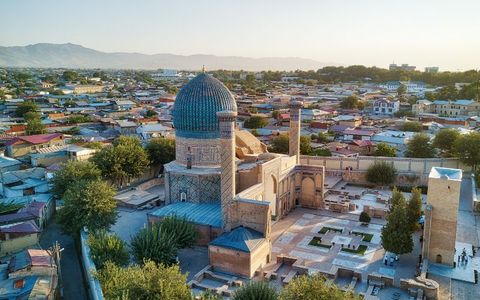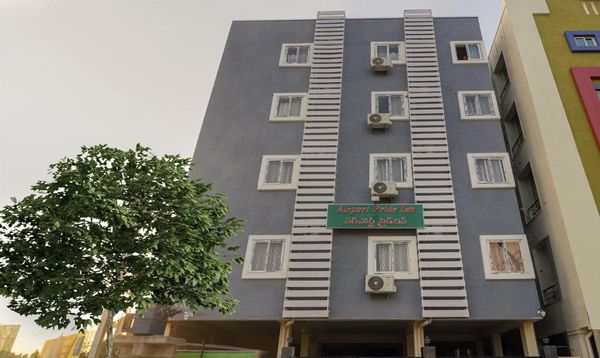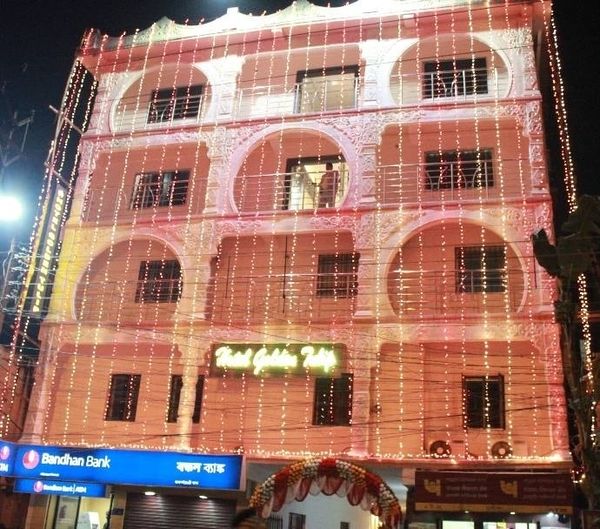5 Breathtaking Mosques to Explore in Uzbekistan
 Radhiya Furath
01 May, 2025
8 mins read
178
Radhiya Furath
01 May, 2025
8 mins read
178

Uzbekistan, a land of ancient cities and Silk Road legends, is home to some of the most stunning Islamic architecture in Central Asia. Beyond its blue-tiled madrasahs and intricate mausoleums, the mosques of Uzbekistan reflect centuries of craftsmanship, religious devotion, and cultural fusion. Whether you are a history enthusiast, an architecture lover, or a curious traveler, these five breathtaking mosques are essential stops on any journey through Uzbekistan.
1. Bibi-Khanym Mosque – Samarkand
Bibi-Khanym Mosque is not only one of the largest mosques in Central Asia but also one of the most historically significant. Built in the 15th century by the great conqueror Tamerlane (Timur), this grand mosque once served as a symbol of his empire’s power and piety. Located in the heart of Samarkand, near the famous Registan Square, it dominates the skyline with its massive blue domes and towering minarets.
The mosque’s name comes from Timur’s beloved wife, Bibi-Khanym, and legends around its construction add a romantic air to its already rich history. Though partially destroyed by time and earthquakes, the reconstructed elements preserve its grandeur. The scale, beauty, and legacy of Bibi-Khanym make it a must-visit for anyone exploring Uzbekistan’s Islamic heritage.
2. Po-i-Kalyan Mosque – Bukhara
In the old city of Bukhara, a UNESCO World Heritage Site, the Po-i-Kalyan Mosque offers a serene yet awe-inspiring atmosphere. Built in the 16th century, the mosque forms part of the iconic Kalyan Minaret complex. With its vast courtyard, symmetrical arcades, and exquisite tile work, it remains one of the most beautiful examples of Islamic architecture in the region.
The mosque can accommodate over 10,000 worshippers, reflecting its historical importance as a central place for public prayers and gatherings. Facing the Mir-i-Arab Madrasah, the two structures create a perfect harmony, representing Bukhara’s golden age as a center of learning and spirituality.
3. Juma Mosque – Khiva
The Juma Mosque, or Friday Mosque, in Khiva’s Itchan Kala (inner fortress), offers a distinct architectural experience compared to other mosques in Uzbekistan. Unlike the large domes and decorated facades of Samarkand and Bukhara, the Juma Mosque is a low, flat-roofed structure supported by 218 wooden columns.
Dating back to the 10th century and reconstructed in the 18th century, its design is deeply rooted in ancient traditions. The wooden pillars, each uniquely carved and some over a thousand years old, create a mystical and almost forest-like interior. Natural light filters through small skylights, adding to its peaceful and contemplative ambiance. It’s a place that feels more intimate and meditative, perfect for those looking to connect with the region’s spiritual roots.
4. Hazrat Imam Complex – Tashkent
Tashkent, the capital city of Uzbekistan, is often seen as modern and bustling, but the Hazrat Imam Complex in its old town offers a beautiful contrast. This religious center is home to several important Islamic buildings, including the Hazrat Imam Mosque, the Barak-Khan Madrasah, and the Muyi Muborak Library, which houses what is believed to be the world’s oldest Quran.
The mosque itself is a relatively recent construction, completed in 2007, but built in traditional Uzbek style with blue domes, pointed arches, and intricate mosaics. The site is significant not just for its beauty but for its role in preserving and showcasing Islamic culture and heritage in Uzbekistan’s most urban setting.
5. Namazgoh Mosque – Termez
Often overlooked by mainstream travelers, Termez in southern Uzbekistan is a hidden treasure trove of history and spiritual heritage. The Namazgoh Mosque is part of this rich tapestry. Though it lacks the fame of Samarkand’s grand structures, this mosque stands as a testament to the multicultural past of the region, where Buddhism, Zoroastrianism, and Islam once coexisted.
Built during the 10th century and reconstructed over time, the Namazgoh Mosque is used primarily for Eid prayers and large gatherings. Its architectural style is modest but deeply symbolic, offering insight into early Islamic design in Central Asia. A visit here complements the Buddhist ruins and ancient fortresses scattered around Termez, creating a fuller picture of Uzbekistan’s diverse past.
Final Thoughts
Uzbekistan’s mosques are more than places of worship. They are silent storytellers of conquests, empires, art, and devotion. From the monumental domes of Samarkand to the wooden serenity of Khiva, each mosque offers a unique experience and deepens your understanding of Central Asia’s Islamic culture.
When planning your journey, consider exploring these spiritual landmarks as part of broader Uzbekistan tour packages. Many curated itineraries include cultural, historical, and spiritual highlights that bring the country’s rich legacy to life. Whether you're visiting solo or with family, Uzbekistan holiday packages often combine visits to these breathtaking mosques with other iconic attractions, making your trip both enriching and unforgettable.
Written By:
Radhiya Furath



Hotels at your convenience
Now choose your stay according to your preference. From finding a place for your dream destination or a mere weekend getaway to business accommodations or brief stay, we have got you covered. Explore hotels as per your mood.


